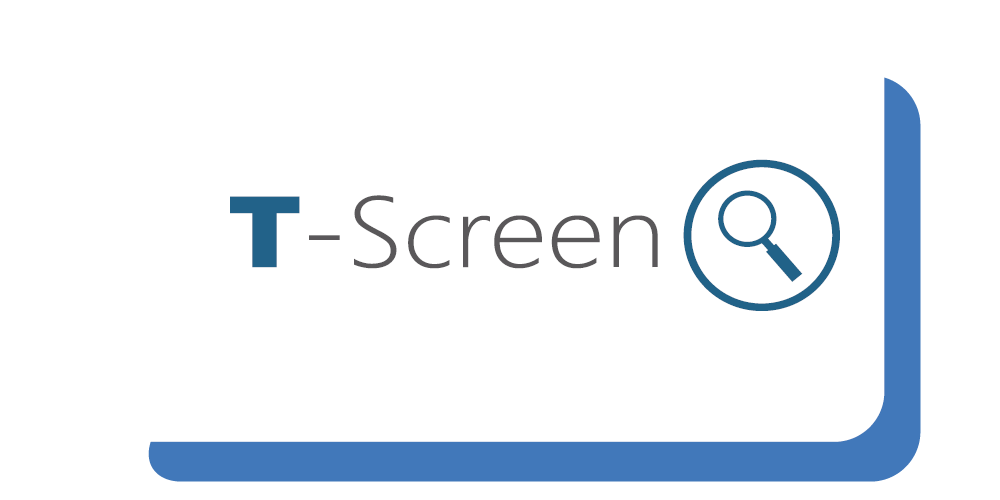Can Multiple Mini-Interviews Assist in Selecting Candidates for Initial Teacher Education?
November 2020
by Jade Rushby and Helen Granger, November 2020
Are the interview methods we use for selecting candidates for initial teacher education supported by research? ‘Traditional’ interviews have gotten a bad rap lately, because they can be unfair to some candidates and show poor reliability and validity (Dawes & Peterson, 2013). A new interview approach—multiple mini-interviews, or MMIs—has been researched and implemented extensively in medical education, and recently, in teacher education in Finland and by the Teacher Success Platform (TSP) in the UK.
MMIs consist of a series of short, structured interviews in which candidates engage with a variety of thought-provoking tasks targeting specific attributes that are assessed by multiple, independent interviewers. The MMI format provides candidates with a clean slate at each interview station and the independent interviewers use a structured scoring scheme creating an objective and fair selection approach. This year we had the exciting opportunity to be one of the first groups in the world to design and implement MMIs for teacher education. We worked closely with some of our partner sites in the UK to design and implement MMIs for teacher education selection.

Example MMI stations for teacher education
Implementing MMIs for selection into an ITE programme
Our partners at Site A used MMIs for selection into their highly competitive primary initial teacher education programme. The MMI consisted of three interview stations designed to assess four domains: professionalism, values and beliefs, understanding of social justice, and communication skills. Each interview task was equally weighted and combined with candidates’ performance on an online situational judgment test (SJT) involving realistic classroom scenarios to provide a total interview score used for selection decisions. Following the interview, candidates were offered online feedback that provided a breakdown of their strengths and potential areas for development in each of the interview tasks.
The results from our evaluation indicated that the MMI was a reliable selection method, and no significant differences were found in MMI scores based on age, gender, or prior teaching experience. There was a significant association between candidates’ performance on the MMI and the SJT.
Applicants’ feedback on the process was overwhelmingly positive with the vast majority of applicants highlighting that they found the MMI engaging, enjoyable, fair, relevant to teaching, efficient, and an appropriate way to select suitable candidates for ITE programmes. Many of the applicants who had formerly participated in ‘traditional’ interviews indicated that they preferred MMIs and welcomed the opportunity to have a ‘fresh start’ at each interview station:
Example feedback:
‘…Although I was still a bit nervous it really took the usual interview stress away and I thought it was a fantastic method that should be adopted everywhere’
‘I thought the content was appropriate and relevant. I really enjoyed the format and found it a fun and engaging way to be interviewed. I think it was very relevant to the process and allowed for us to show of variety of skills and strengths’
‘I think it was beneficial having 3 different interviewers because when I didn’t do as well at one, I was able to regroup myself and start fresh at the next’
Can MMIs help you select candidates?
The results from this exciting research suggest that MMIs can provide a reliable, fair, and structured method for evaluating core attributes found to be important for success in ITE programmes and the teaching profession. MMIs are also favourably received by applicants who report finding this selection approach engaging and enjoyable.
At the Teacher Success, we work collaboratively with ITE providers to design MMIs that are tailored to the specific needs and requirements of their programmes and include tasks that are relevant to the profession and assess a range of qualities. MMIs can be delivered face-to-face or online, and we provide training for assessors and a range of resources to assist the transition to this innovative selection approach.
If you are interested in hearing more about implementing multiple mini-interviews at your institution we would love to hear from you! Contact us to find out more about how MMIs could help you select candidates for your programme.
Reference
Dana, J., Dawes, R., & Peterson, N. (2013). Belief in the unstructured interview: The persistence of an illusion. Judgment and Decision Making, 8, 512-520.
Interested in other teacher selection methods?

Interested in other teacher selection methods?
T-Screen uses context-rich Situational Judgment Tests (SJTs) to assess the behavioural characteristics of your candidates and their fit for teaching as a career. Make time sensitive offers with confidence, reduce bias in your selection processes and widen the talent pool by looking beyond cognitive attributes.
